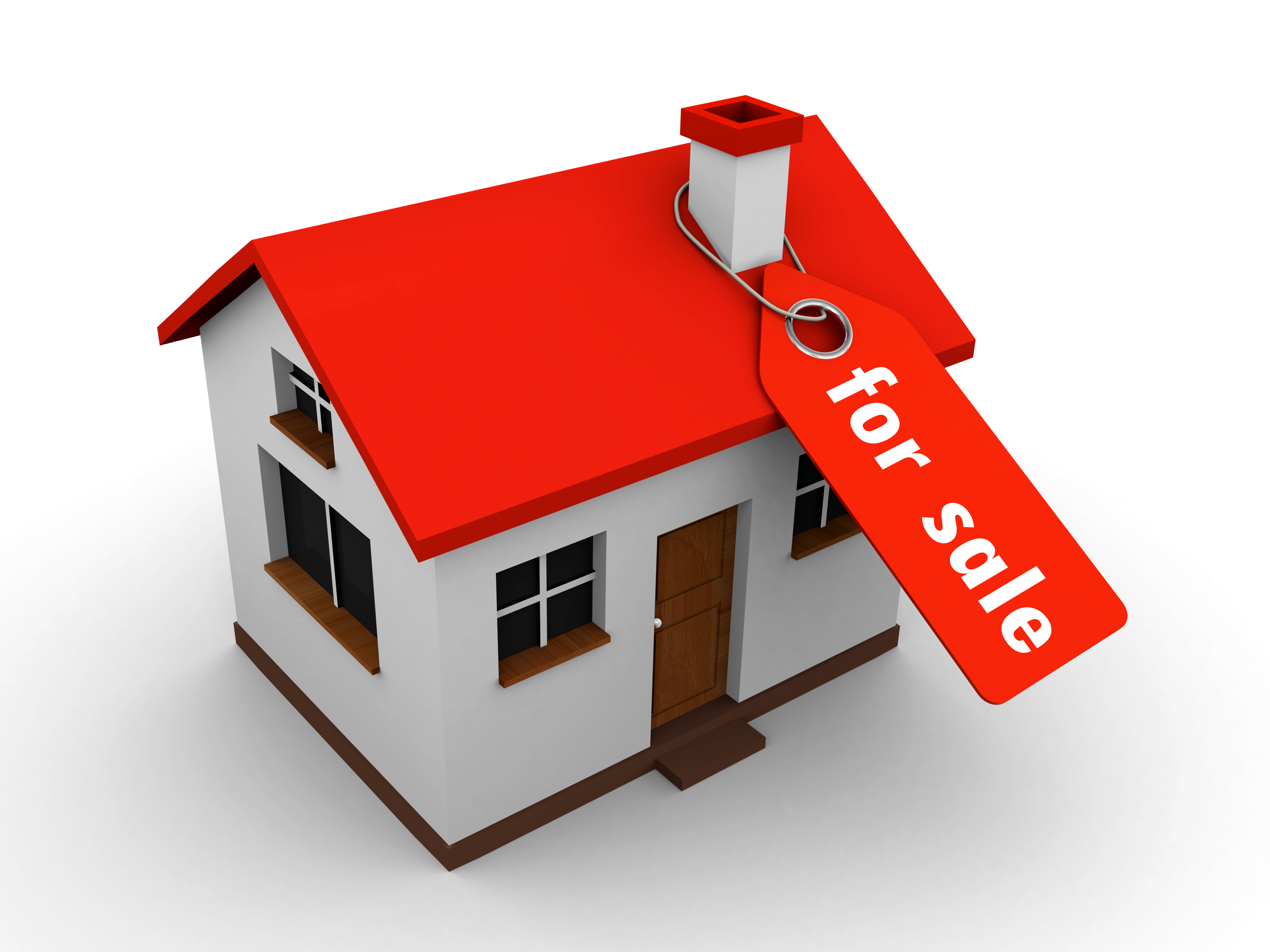Selling guide
The Selling Process
Introduction
The legal procedure is basically the same as that described in "The Purchasing Process" In this chapter we will only focus on those aspects that are of particular relevance to the seller.It is very important to choose a reputable estate agent to help you market and sell your property. He can also advise you on the market price of your property and guide you through the negotiations with the buyer. The terms and conditions offered by each estate agency may differ, so read the agreement carefully and check how much commission they are going to charge.Complications that are outside the expertise of even the most competent estate agent may arise in any sale. It is, therefore, advisable to contract the services of a lawyer to represent you in the sales process. Your lawyer will take part in the negotiations with the buyer to fix the terms and conditions of the sale and will ensure that everything is legal and above board. More importantly he will prepare your Capital Gains Tax returns after the sale and negotiate with the buyer over who takes responsibility for the different payments involved.
Necessary Documents
Having all the necessary documents will help your sale to go smoothly. You should lodge the following documents with your lawyer or estate agent when you put your property up for sale; for absolute security you can make the documents available to both.
- copy of the Title Deed (Escritura Pública)
- copy of your latest Real Estate Tax receipt (Impuesto sobre Bienes Inmuebles, IBI)
- copy of the Certificate (Certificado Catastral) given to you by the Land Registry (Catastro). This contains your property’s official reference number (Referencia Catastral) with the Land Registry and gives a full description of the property
- copy of your latest Spanish Income Tax declaration (Declaración de la Renta) for residents or Form 210 for non-residents
- copy of your Residents’ Association (Comunidad de Propietarios) Statutes. This contains the address and phone number of the Residents’ Association
- copies of all your utility bills
Calculating the Costs
Basically, you should calculate for paying two fees and one or possibly two taxes. You will also have to cancel any debts, charges or liens which may be recorded against the title at the Property Registry.
Fees
1. Estate Agent’s Fee: Estate agents usually ask for between 3,5% and 7% of the purchase price as their commission, being 5% the most common fee.2. Legal Fees: These fees usually amount to between 1% and 1.5% of the purchase price.
Taxes
1. Capital Gains Tax (Impuesto sobre las Rentas Derivadas de Transmisiones de Bienes Inmuebles):
Capital Gains Tax is payable on the profits arising from any property sale in Spain whether you are resident or non-resident. However, different rates and payment methods are applied to residents and non-residents. Residents can also benefit from a series of deductions, which reduce or even exempt them from liability, that are not available to the non-resident seller.Both residents and non-residents are liable to pay Capital Gains Tax on their net profits.If you are a non-resident, your buyer will have to retain a 3% of the purchase price to be paid directly to the Inland Revenue to ensure that any potential tax liability is met. In the event that your actual liability is lower than this 3% figure you can claim a refund of the excess once the sale has been completed. To do this you must complete tax form 210 and submit it to your Tax Office within 120 days of completion. The refund should be made between 12 and 18 months after completion. In contrast, if your actual liability amounts to more than 3% of the sales price you must complete form 210 and submit it to the Tax Office along with the amount you owe.There are a number of factors that can reduce the figure that the Inland Revenue considers as your net profit for the purpose of calculating Capital Gains Tax.
2. Municipal Tax on Property Sales (Plusvalía):
This tax is paid to the local administration and is based on the increase in the value of the land since it was last sold. Logically, as the beneficiary of this increase in value, the seller usually takes charge of paying the Plusvalía. The Plusvalía is based on the official value of the land, which is always lower than the actual market value. The tax is charged at between 10% and 40% of the annual increase in the value of the land. The exact percentage depends on a number of factors including the location of the property and the length of time between sales. Local authorities periodically carry out valuations of land and maintain up-to-date records in order to calculate Plusvalía charges.
We understand what a big decision buying a property in Spain is and how stressful it can be, especially in a foreign country. We are here to make the experience a positive one for you. We look out for your interests, ensure you avoid any possible pitfalls and keep you informed at every stage of the process.


